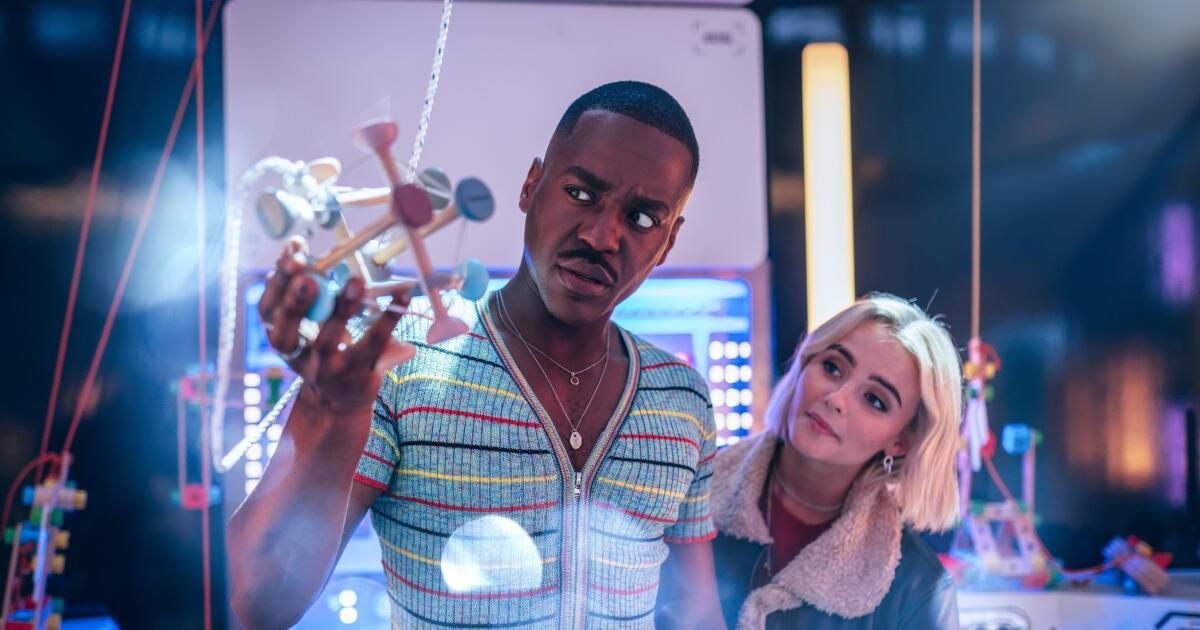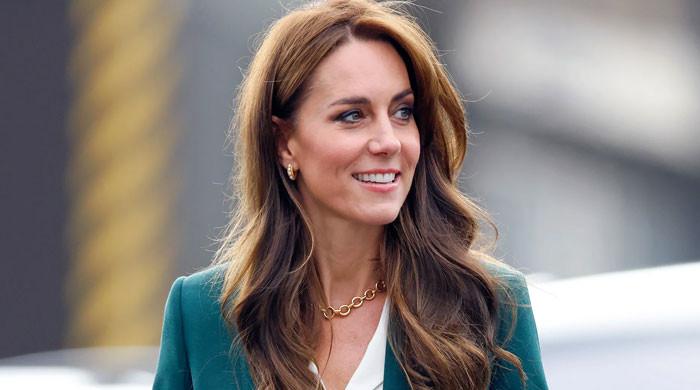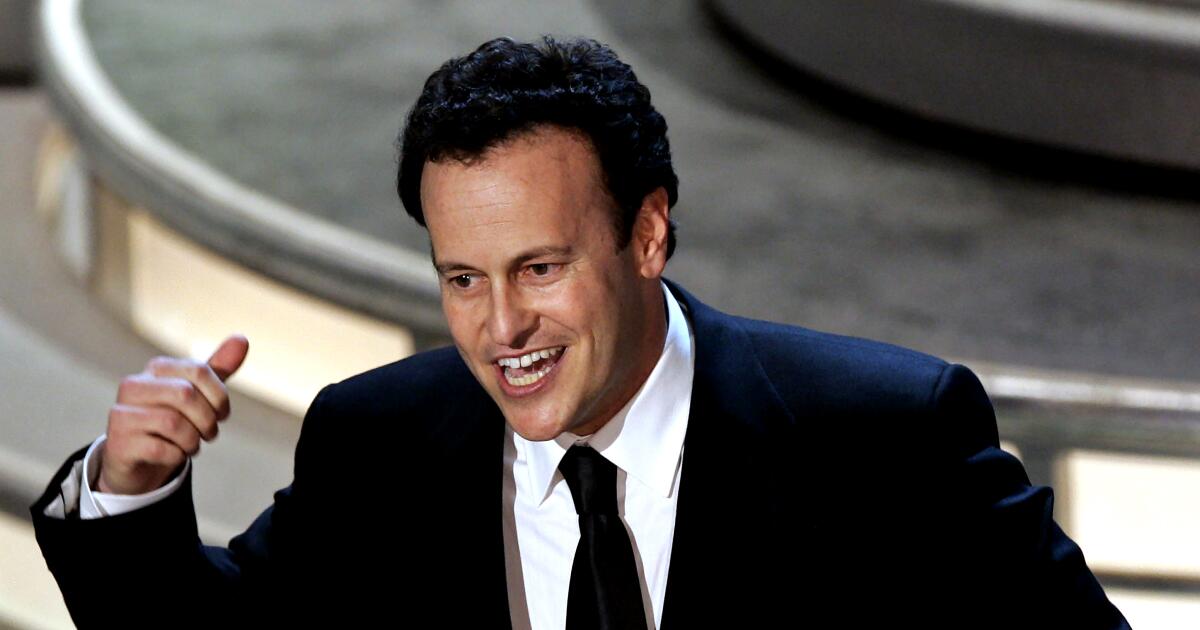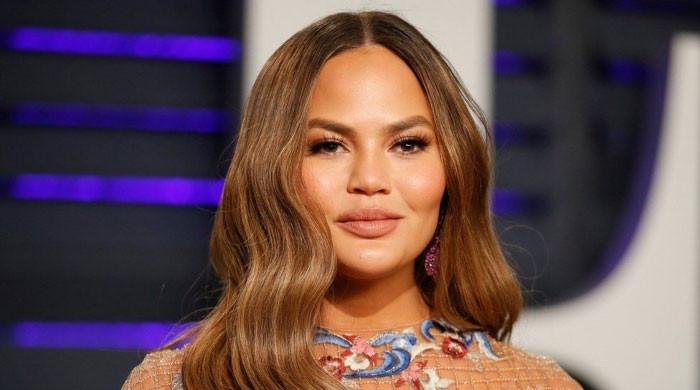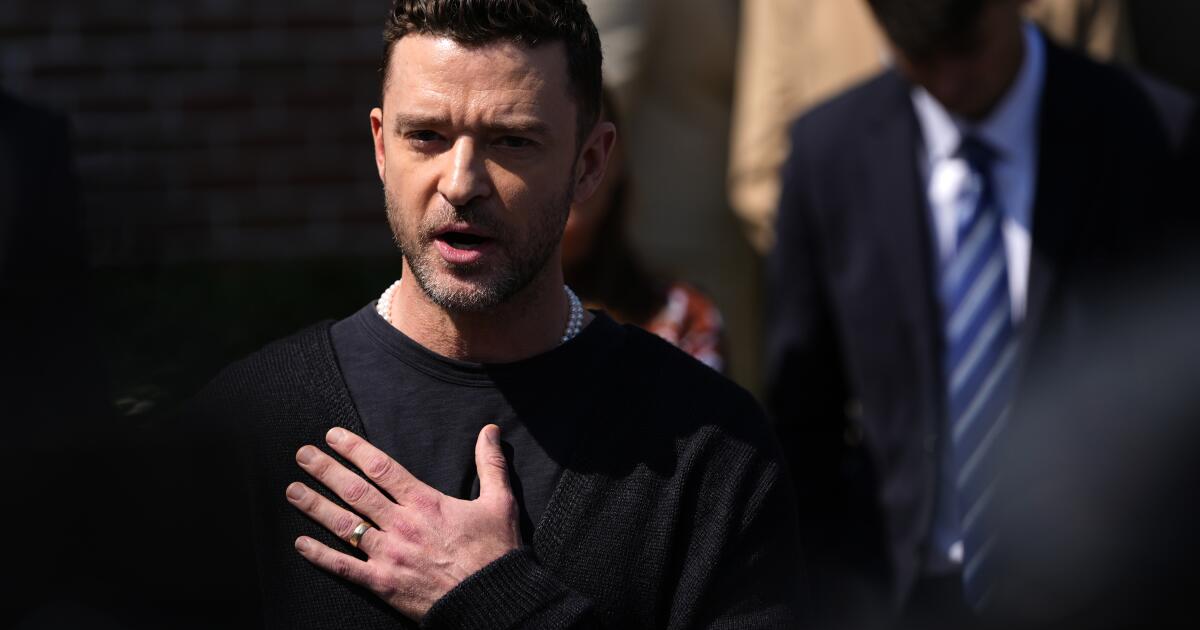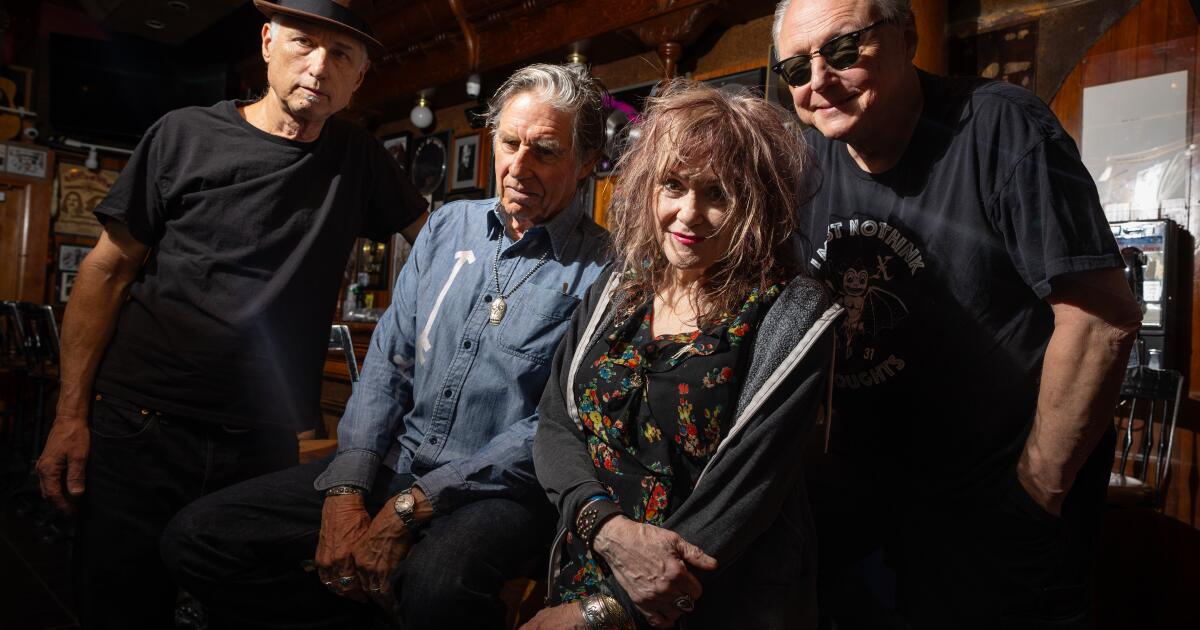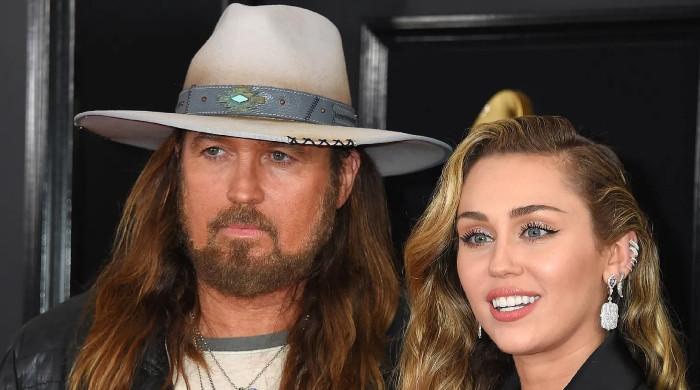Bad Wolf, the name of the production company founded by Jane Tranter and Julie Gardner, is a “Doctor Who” reference.
Before coming together for this joint venture in 2015, the industry veterans had worked together for years in various roles at the BBC and BBC Worldwide. One of his first projects was showrunner Russell T Davies' 2005 revival of “Doctor Who.”
Those who have seen the first season will notice the reference: a message spread across time and space to bring the show's heroes to a specific moment. For Tranter and Gardner, calling their company Bad Wolf was an acknowledgment that their career paths had always led to their founding.
What the name wasn't, however, was “an indication that we had created Bad Wolf with the idea that one day we would make 'Doctor Who,'” Tranter says during a joint video call with Gardner. But “Doctor Who” arrived and it was unexpected [but] It is a very welcome experience.”
“Years later, I'm still in shock,” Gardner added. “I had a pretty emotional response because it had been a very special moment.”
The Doctor (Ncuti Gatwa) and Ruby Sunday (Millie Gibson) in an episode of “Doctor Who.”
(Disney+)
The new season of “Doctor Who,” premiering Friday, continues the show’s transition into a new era with new lead actors and new ambitions marked by a streaming partnership with Disney+, where it will stream exclusively to a global audience. The series airs in the UK on the BBC and is produced by Bad Wolf and BBC Studios Productions.
After an introductory adventure in last year's Christmas special, Ncuti Gatwa and Millie Gibson's chapter as the Fifteenth Doctor and his companion Ruby Sunday, respectively, begins appropriately.
Despite their previous roles in bringing the long-dormant “Doctor Who” back to television screens, executive producers Tranter and Gardner, as well as Davies, whose first stint as showrunner on the series ran from 2005 to 2010, They do not consider this return home to be doing things “again.”
“I'm not talking about coming back because it's a new series,” says Davies, a lifelong “Doctor Who” fan whose “first ever memory” is of the series. “I wanted the show to be bigger. I wanted to move the show forward. I wanted to be with a great streamer. “I honestly believe in the program.”
Similarly, the “Doctor Who” team refers to this new season with Gatwa and Gibson as Season 1, despite it being the 14th season of the revival (the original ran from 1963 to 1989).
The British sci-fi series follows the Doctor, an extraterrestrial Time Lord from the planet Gallifrey who explores time and space using a time machine known as a TARDIS, which from the outside looks like a blue police box. Accompanying the Doctor on his adventures is usually accompanied by a companion (sometimes more than one). The Doctor is known for his ability to regenerate and take on a new humanoid form in near-death situations.
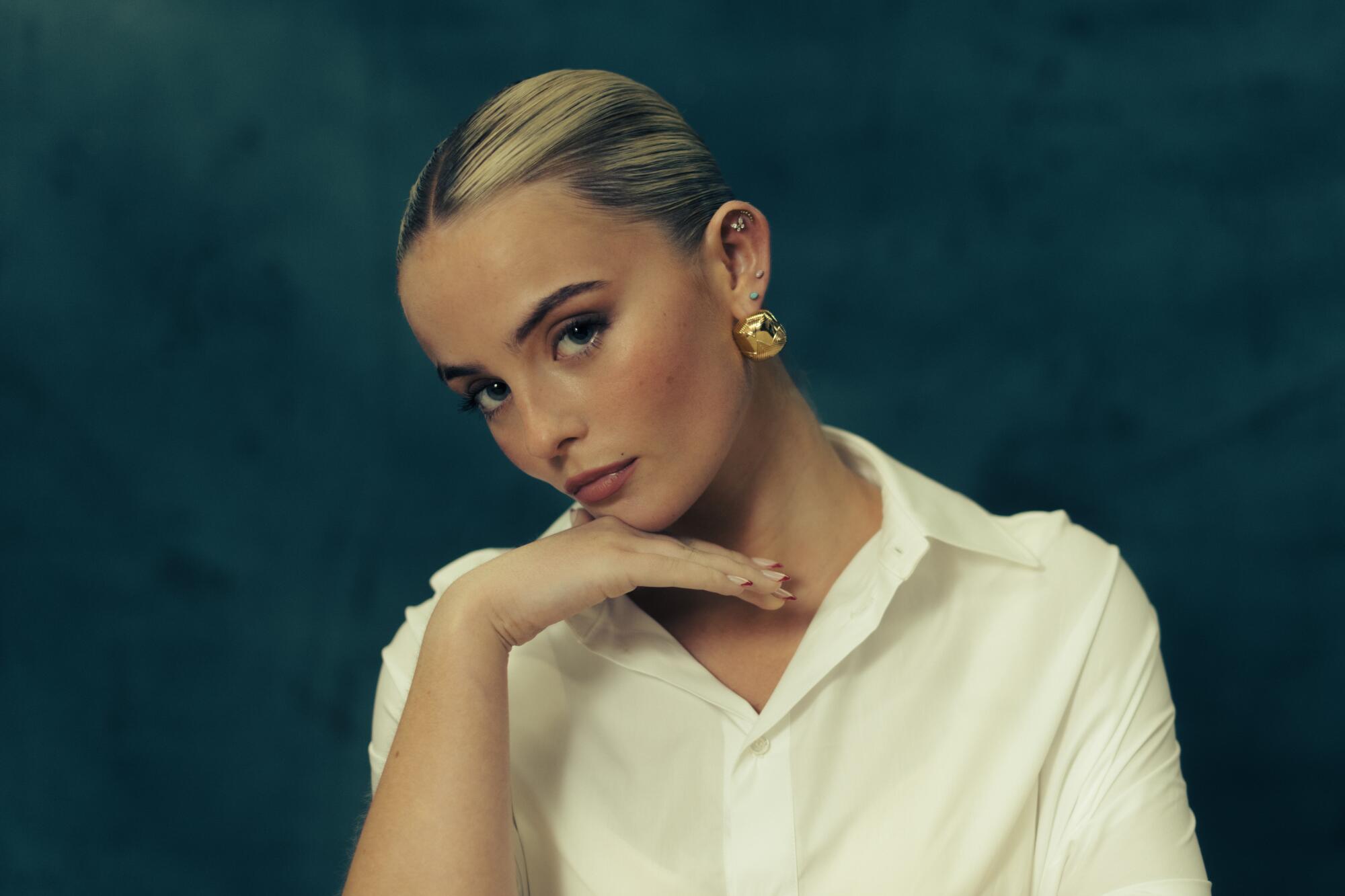
Millie Gibson says her character, Ruby Sunday, is “very good at being positive in crazy situations.”
(Jennifer McCord / for The Times)
“It has an inexplicable charm and magic,” Gatwa says of the long-running show. “It satisfies our curiosity as humans about what could be out there on Earth. And since it's a television show, we have that adventure once a week. [and] the show evolves with us.”
A staple of British pop culture, the family series is often passed down from generation to generation as the adults in their lives introduce it to children. Although a show with decades of history and lore can be intimidating to new viewers, the regeneration helps keep “Doctor Who” accessible.
“Often with the Doctor's regeneration comes a new era,” says Tranter. “What it means is that the show, out of necessity, gets a kind of injection of freshness because the Doctor changes, the writers change, the showrunner changes, the producers change. “I think that’s a huge part of why the show has lasted so long.”
That the Fifteenth Doctor emerged through a new mythical type of regeneration called two-generation, in which the Fourteenth Doctor split into two beings rather than transforming into a new form, is a clear sign that Doctor Who has entered a new era. was.
For Tranter and Gardner, any opportunity to work with Davies was an opportunity they wouldn't pass up. And working with him on a series that everyone loves and guiding it into this new phase “just felt right,” Tranter says. It was “everything Bad Wolf has been leading up to.”
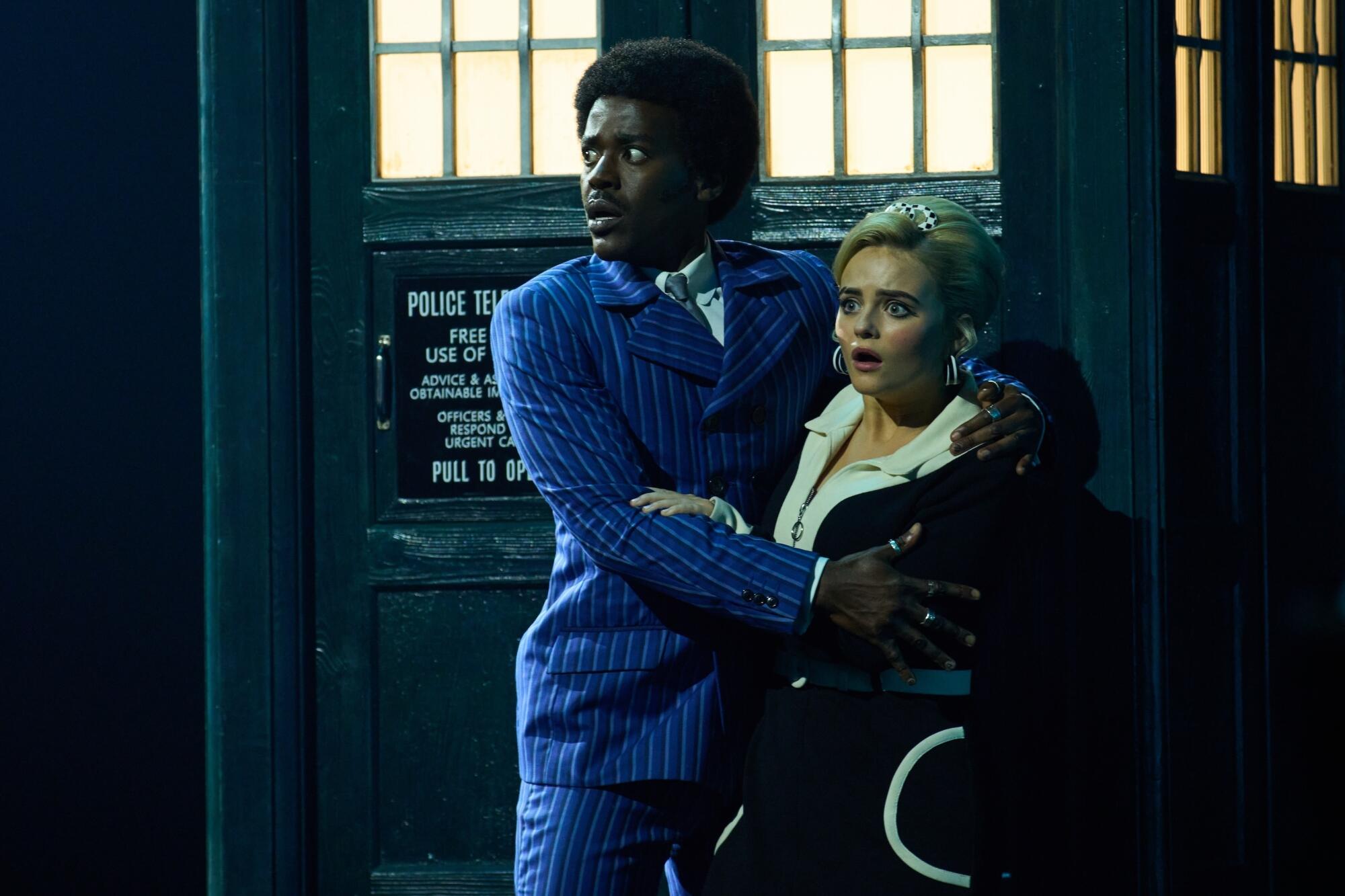
The Doctor (Ncuti Gatwa) and Ruby Sunday (Millie Gibson) in an episode of “Doctor Who.”
(Disney+)
With a studio in Cardiff, Wales, Bad Wolf is known for its fantasy adaptations such as HBO's “His Dark Materials,” based on the trilogy of novels by Philip Pullman, and AMC's “A Discovery of Witches,” based on a trilogy. of books by Deborah Harkness. Bad Wolf's resume also includes the acclaimed limited drama series “The Night of,” the dark comedy “I Hate Suzie” and the workplace drama “Industry.”
“We have very eclectic tastes,” says Tranter. “We both like to work on a small scale and on a large scale.”
Davies admits that he doesn't think he would have taken on showrunner responsibilities this season without Tranter and Gardner, pointing to his experience on shows with bigger budgets.
“I knew I was embarking on something huge and I wanted to work with people I trust and love,” Davies says. “I also wanted to do it with people who would push me because I would rather die than hand a bad script to Julie and Jane. …The thought of disappointing my friends and making them work hard at something that doesn't work would kill me. “I knew they would keep the standards high.”
But while Tranter and Gardner were previously involved in “Doctor Who,” their roles are very different this time around. When the revival launched, Tranter was controller of drama commissioning at the BBC, a role at the more strategic and decision-making end. Now, since the series is filming at Wolf Studios and she is on location, Tranter is connected to the day-to-day production.
Gardner, on the other hand, was more in the production trenches during his first spell as head of drama at BBC Wales. Now based in Los Angeles, she is facing the challenges of being further away.
Their experience presenting and producing shows for both sides of the Atlantic has led them to learn additional skills and “a new way of looking at the job,” says Gardner.
This has affirmed his belief that “'Doctor Who' will always be and should be a quintessentially British series,” he says, noting its offbeat humor. “It's British, but it's always been universal. It has been universal in its themes. He's been universal in the way he tries to put his arm around the audience. He talks about big themes about humanity, about how we live; It is British at its core, but it is bigger than that.”
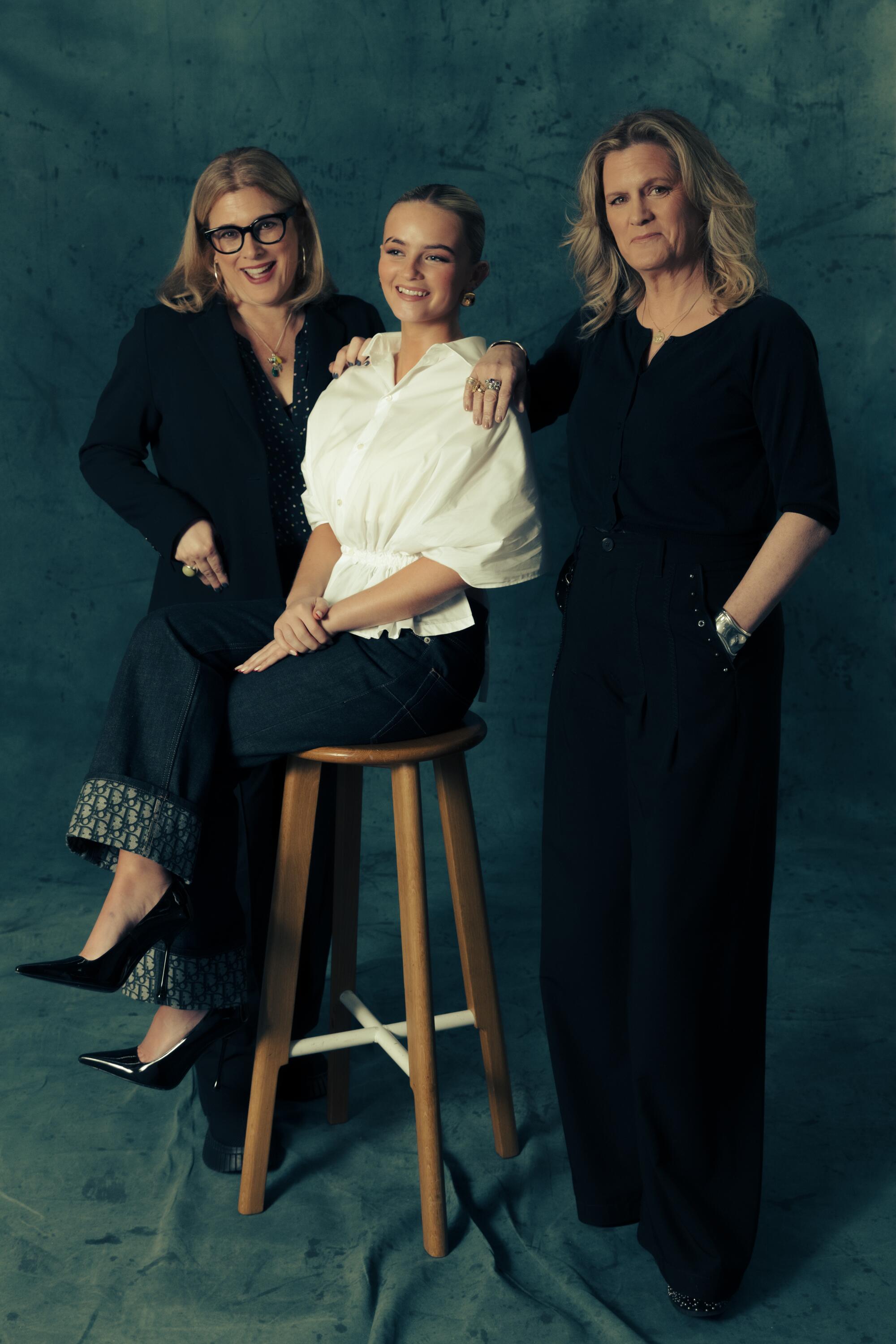
“Doctor Who” actress Millie Gibson (center) with executive producers Jane Tranter (right) and Julie Gardner.
(Jennifer McCord / for The Times)
The goal, Gardner explains, is to retain this spirit of “Doctor Who” as we move forward.
Part of that meant figuring out who might be the right Doctor for the present. In 2022, the production announced that Gatwa, 31, would take on the role, making him the first black actor in the role. A Scottish actor born in Rwanda, he mainly participated in theater productions before landing a featured role in Netflix's “Sex Education.” And in his outings through the Fifteenth Doctor, Gatwa exudes a more mischievous and youthful energy.
“I thought, who do I want young viewers to admire and emulate in a difficult world?” says Davies, who mentions that “we live in difficult times.” “Frankly, I want people of all ages to leave the news and any online aggression and come to a nice, safe space where we'll have a good time.”
For Davies, “one of the good things about 2024” is that people are now more open to talking about their feelings. He teases that Gatwa's Doctor will explore a full spectrum of emotions.
Joining the Fifteenth Doctor on his adventures is Ruby, played by Gibson, who impressed the Doctor with her bravery in the Christmas special. (Gibson's previous credits include the long-running British soap opera “Coronation Street.”)
Gatwa describes the two characters as “best friends” who are “very cheeky” and “cause mischief together.”
“I think what makes their dynamic and their relationship so special is that they are each other's chosen family,” he says. “They both have the connection of being adopted, of being foundlings, so there is that emotional bond.”
18-year-old Ruby is one of the Doctor's youngest companions and is actually played by a teenage girl (Gibson is 19). Gatwa admits that it wasn't until Gibson was cast that all the aspects of his Doctor clicked for him.
“Ruby is very, very good at being positive in these crazy situations,” said Gibson, who grew up watching “Doctor Who” with her father. “I think what is really beautiful [in their relationship] is that Ruby actually challenges the Doctor and he likes it.
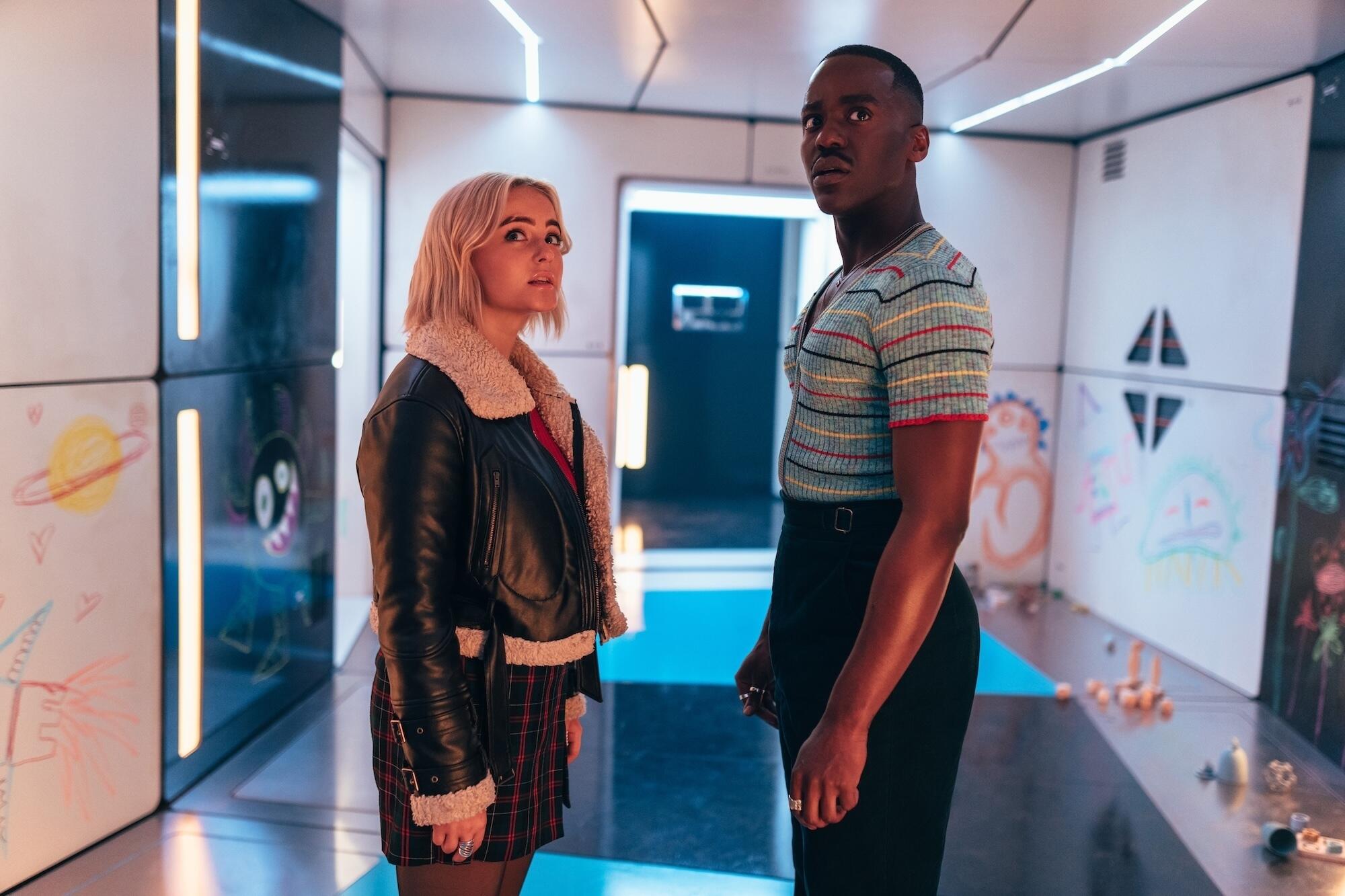
Ruby Sunday (Millie Gibson) and the Doctor (Ncuti Gatwa) in an episode of “Doctor Who.”
(Disney+)
The mystery of Ruby's past is something that will be explored throughout the season. Davies says his adventures will include encounters with babies in space, encounters with the Beatles in the 1960s, a visit to a war-torn alien world in the distant future and even a royal dance outside the city of Bath. in England in the 19th century before confronting each other. “The greatest evil the Doctor has ever faced” in the finale.
Gibson, who says the Doctor he grew up watching was Matt Smith's Eleventh Doctor, describes the companion as “a complex but beautiful role.” [because] They are the eyes of the Doctor’s world.”
“The companion translates [the complex things the Doctor says] for everyone and asks all the right questions,” says Gibson. “They are something like the heart [of the show]although the Doctor has two.”
He also says the season is “full of absolute fire and themes that have never been discussed before on a platform like Doctor Who.”
Davies admits that his enthusiasm and focus is on attracting new viewers to the series, especially now that it has a larger platform through the partnership with Disney, because he believes existing “Doctor Who” fans will come along for the ride.
“And I hope they have a great time,” says Davies, who jokes that he's willing to go door-to-door to get new viewers to tune in.
But he's not the only one hoping to attract a new audience.
“I want everyone in the world to know 'Doctor Who' and watch 'Doctor Who,'” Gardner says. “Adventure, hope, optimism, joy. … He is curious about the world and that seems very unique to me.”

